February 27, 2022
Blog

Like many of you, this week I’ve watched in horror at the invasion of Ukraine and the senseless violence that has followed. In light of the escalating situation and ongoing international response, it didn’t feel right to pen a cheery article about the role of symmetry in physics, as I’d originally intended to post this week.
Instead, I’d like to use this week’s post to talk about international cooperation, and why in a world increasingly focused on ideas of sovereignty and closed borders, working across borders remains just as vital as ever before for the progress of science.
February 14, 2022
Blog

Imagine waking up one morning and discovering that you had a sixth sense that had been dormant, but had suddenly activated. Imagine realising you’d been hearing in black and white all your life, and now suddenly you can hear in colour. Or imagine you can see emotions, taste colours, feel numbers…imagine any two of your senses have been combined into something greater than the sum of their parts and you now experience the world in a whole new way.
January 31, 2022
Blog

During autumn in the UK, if you look to the skies shortly before dusk you may see a spectacular natural phenomenon as thousands of starlings fly together in a huge aerial formation known as a murmuration. This can be an incredibly dramatic sight as hundreds or even thousands of birds swoop through the air in perfect synchronicity, an immensely complex display of formation flying that looks like a carefully choreographed dance through the evening air.
January 17, 2022
Research
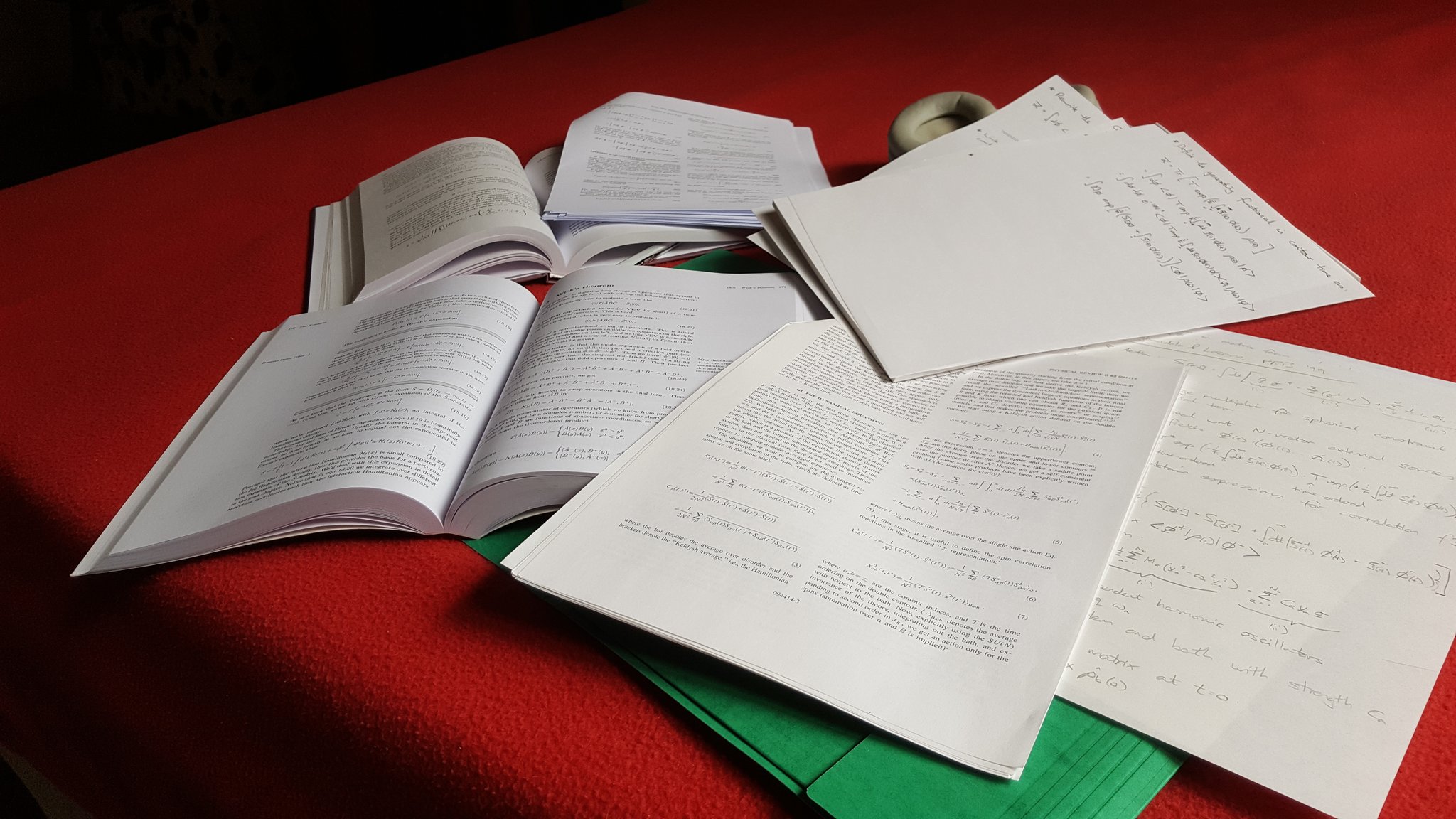
In the current climate, the phrase “follow the science” has become an increasingly common soundbite. But the reality is that science is a process, not a consensus, and (particularly at the cutting edge), it’s a process that initially may only be able to offer incomplete or partial answers, answers which will be updated as more work is done, more data comes in, and a clearer picture starts to emerge. In attempting to follow the science, it’s important to understand this process, to be able to grasp how it’s done and what its limitations are.
September 22, 2020
Research
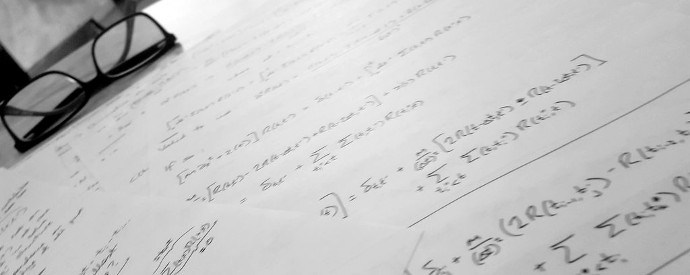
When ice melts in a drink or a cup of coffee cools down to room temperature, energy is exchanged between the drink and its environment until they reach a thermal equilibrium. This is true for any physical system, from regular liquids like drinks through to complex quantum mechanical systems like trapped ions or ultracold atomic gases. When a system connected to its environment is subject to some form of perturbation, it will always eventually return back to its equilibrium state: think of a Newton’s cradle, for example, which you can ‘perturb’ by setting it in motion, but which will always eventually return to its equilibrium (static) state as its kinetic energy is slowly dissipated to its environment through friction (heat) and sound.
March 23, 2018
Research

When asked what are the big outstanding challenges in modern physics, a number of things may spring to mind. Perhaps the search for a theory of quantum gravity, that elusive unification of relativity with quantum mechanics, or maybe the LHC’s continued search for physics beyond the Standard Model. By comparison, the question of how impurities in quantum materials can affect their properties seems quaintly pedestrian, but it turns out to be every bit as fundamental a question as its ostensibly deeper cosmological cousins.
October 31, 2017
Research
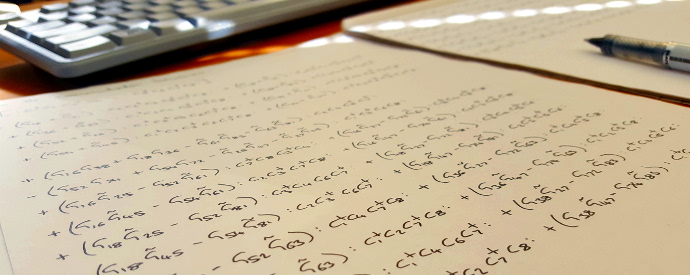
It’s been a while since I last blogged – again – but today I’m back with a quick update on some research progress.
A while back, I posted about a new preprint that we’d just uploaded to arXiv, the repository where physicists routinely post drafts of their new papers before they go through peer review and are considered for publication in a ‘proper’ journal. The paper was about some new work on many-body localisation (MBL) where we developed a new technique to look at the time-dependence of MBL systems.
September 4, 2017
Feature
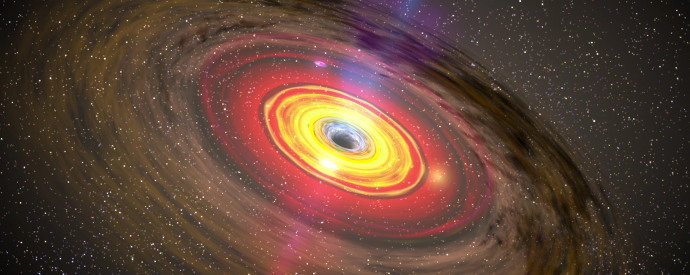
This feature-length article was originally written for the September-October 2017 issue of Popular Astronomy magazine.
Through a modest 4-inch telescope on a clear night, you might be able to see the rings of Saturn and the moons of Jupiter. Through a meter-wide telescope, you might just be able to make out the characteristic blips in starlight that signify the presence of extrasolar planets. But to see the distant supermassive black hole in the heart of our galaxy, you’d need something much, much bigger – in fact, you’d need a telescope the size of a planet.
July 24, 2017
Research

This is just a short post to advertise our new pre-print that appeared on arXiv this morning: “Time Evolution in Many-Body Localized Phases with the Flow Equation Approach”.
I’ll save the full write-up of it until the paper is properly published: for my non-academic readers, let me just be clear up front that this is a pre-print, which means that it hasn’t yet been published by a journal or gone through the peer-review process.
July 3, 2017
Feature
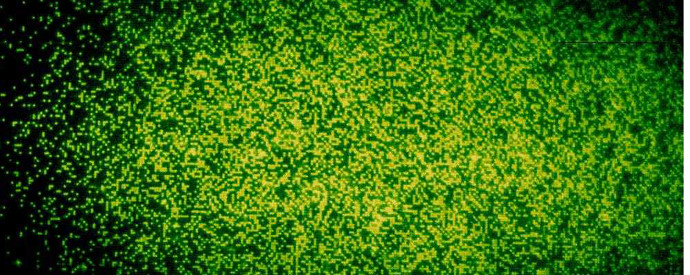
When I moved to St Andrews as a long-haired, clean-shaven 17-year-old, it wasn’t to embark on a career as a quantum theorist – my degree was originally to be in astrophysics. For two years, I was an astrophysics student, before eventually ditching space in favour of quantum physics.
There were two main reasons for this. The first is that quantum mechanics is mindblowing, and as soon as I saw it I knew I wanted to study it more.

 Broken Symmetry
Broken Symmetry









